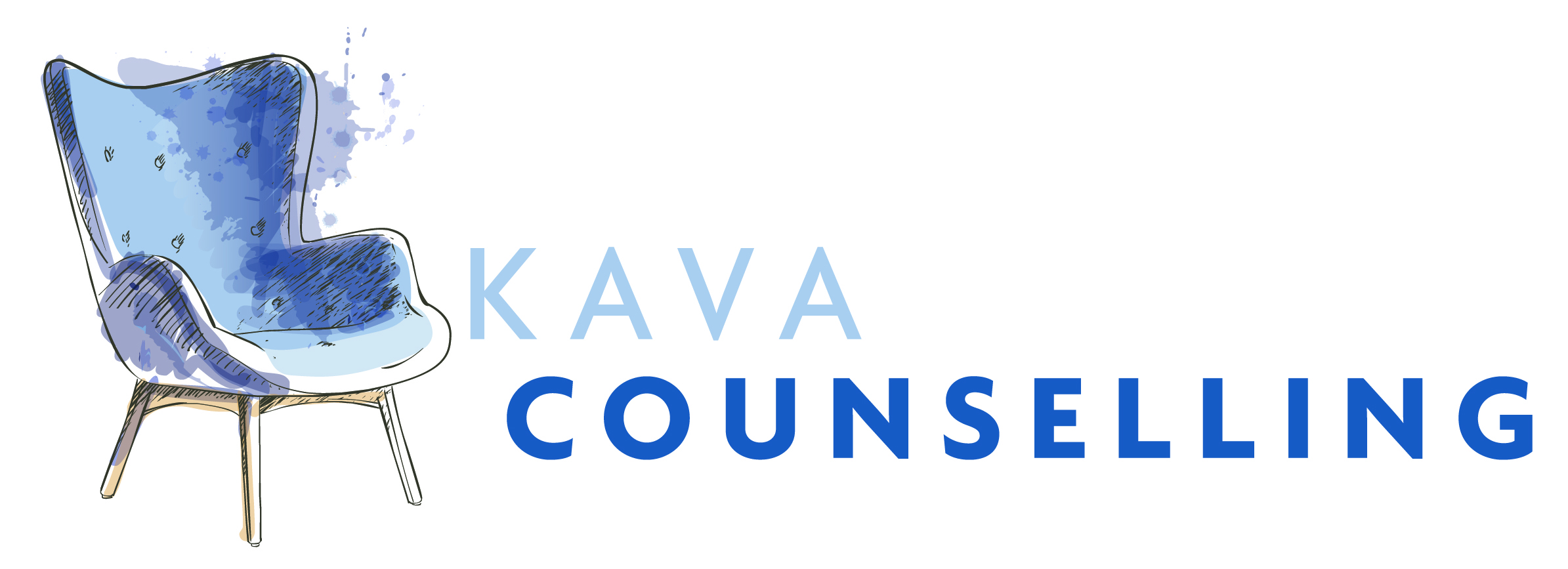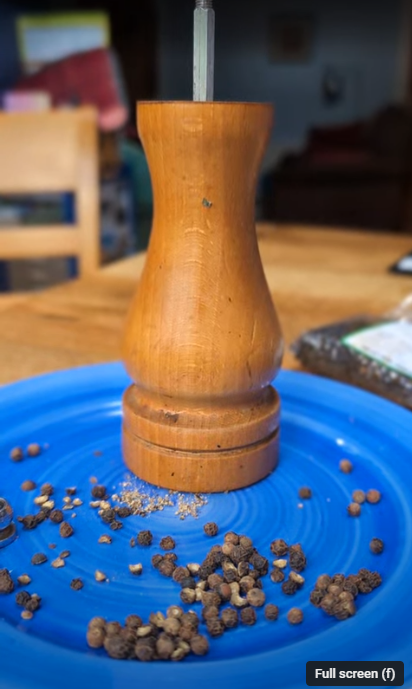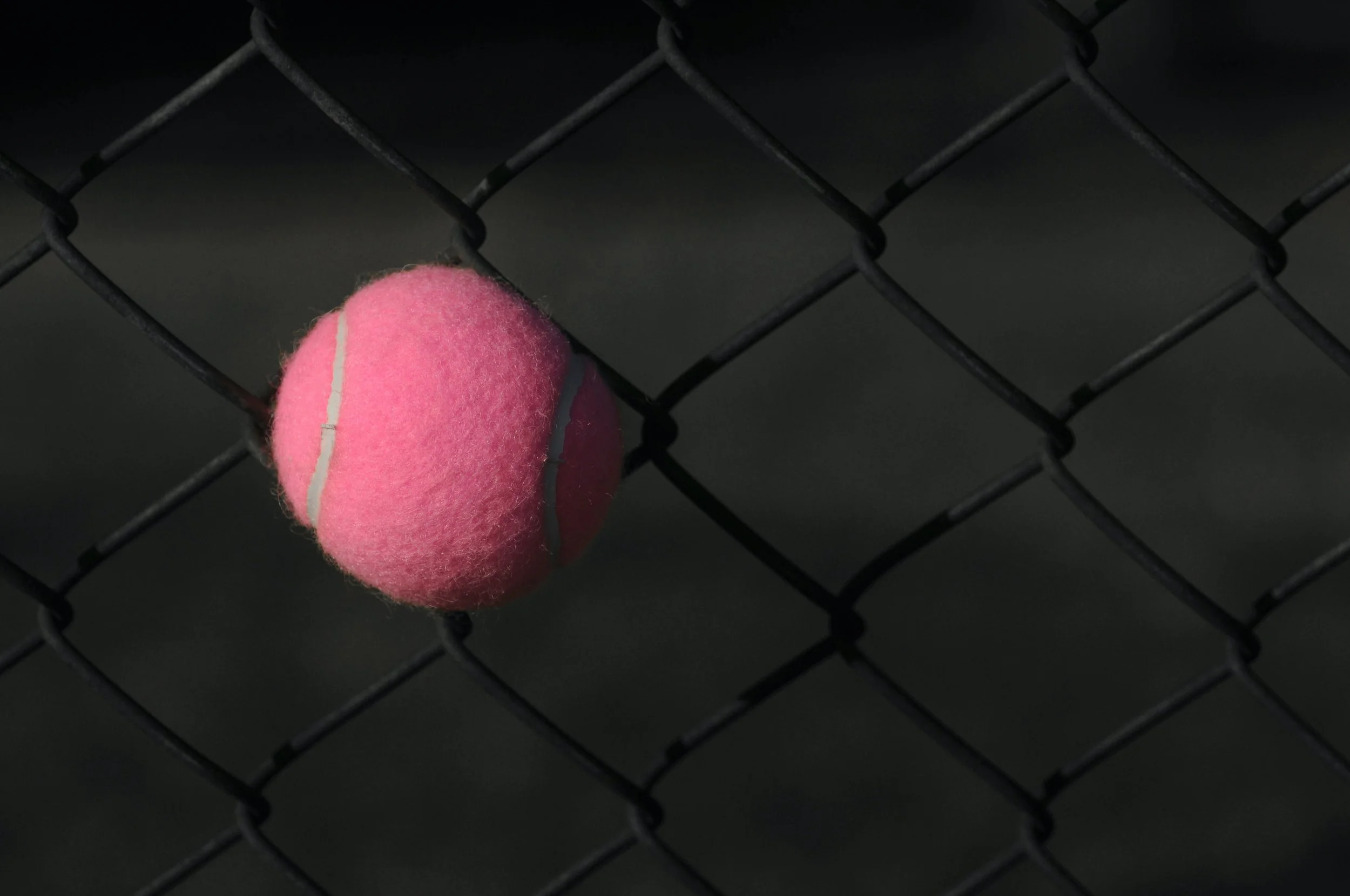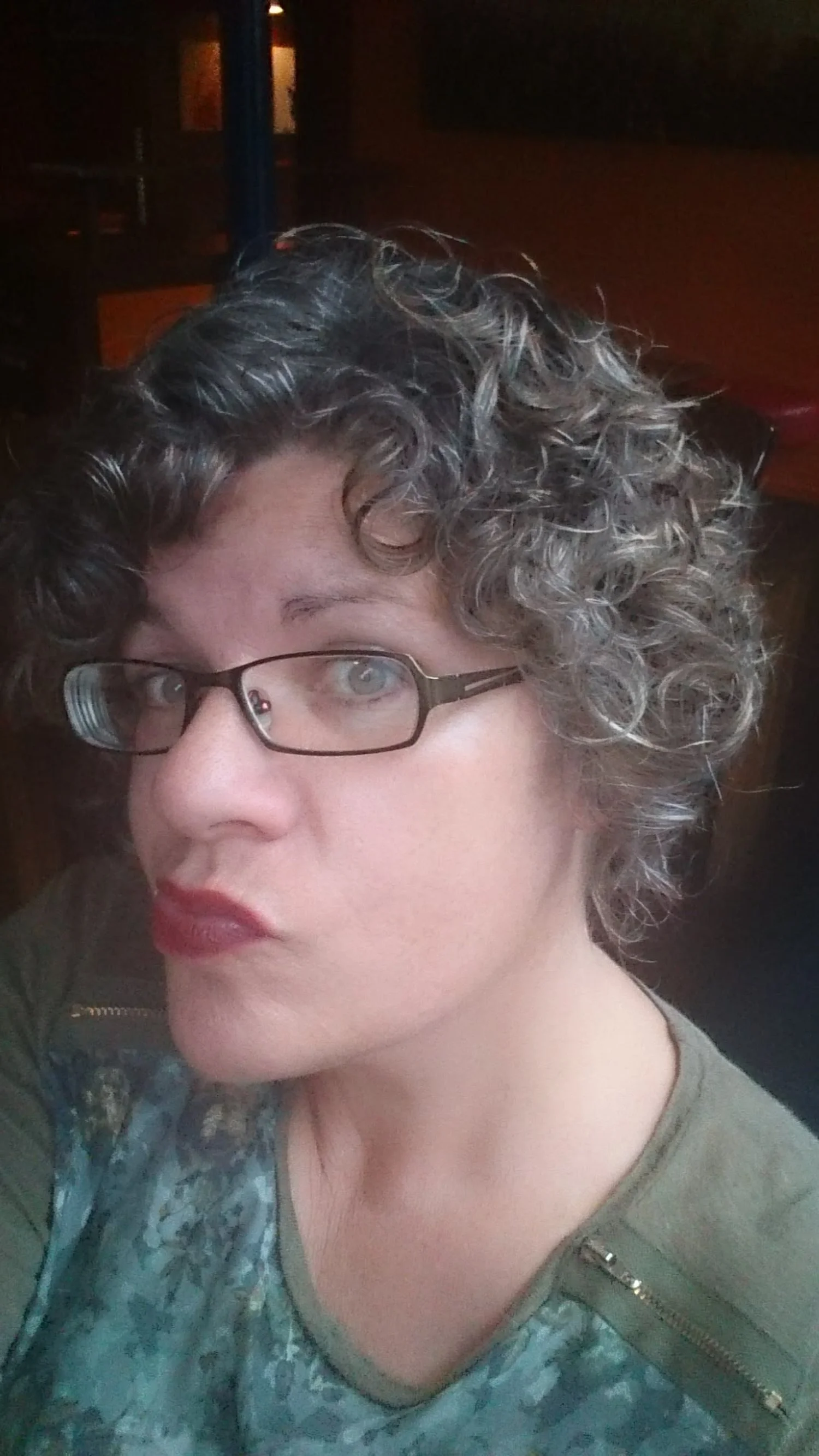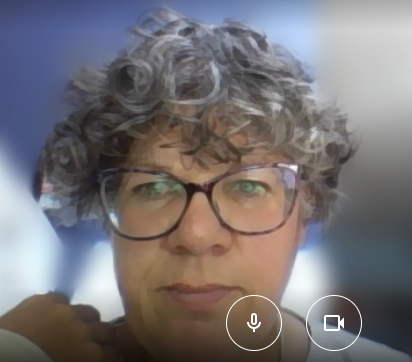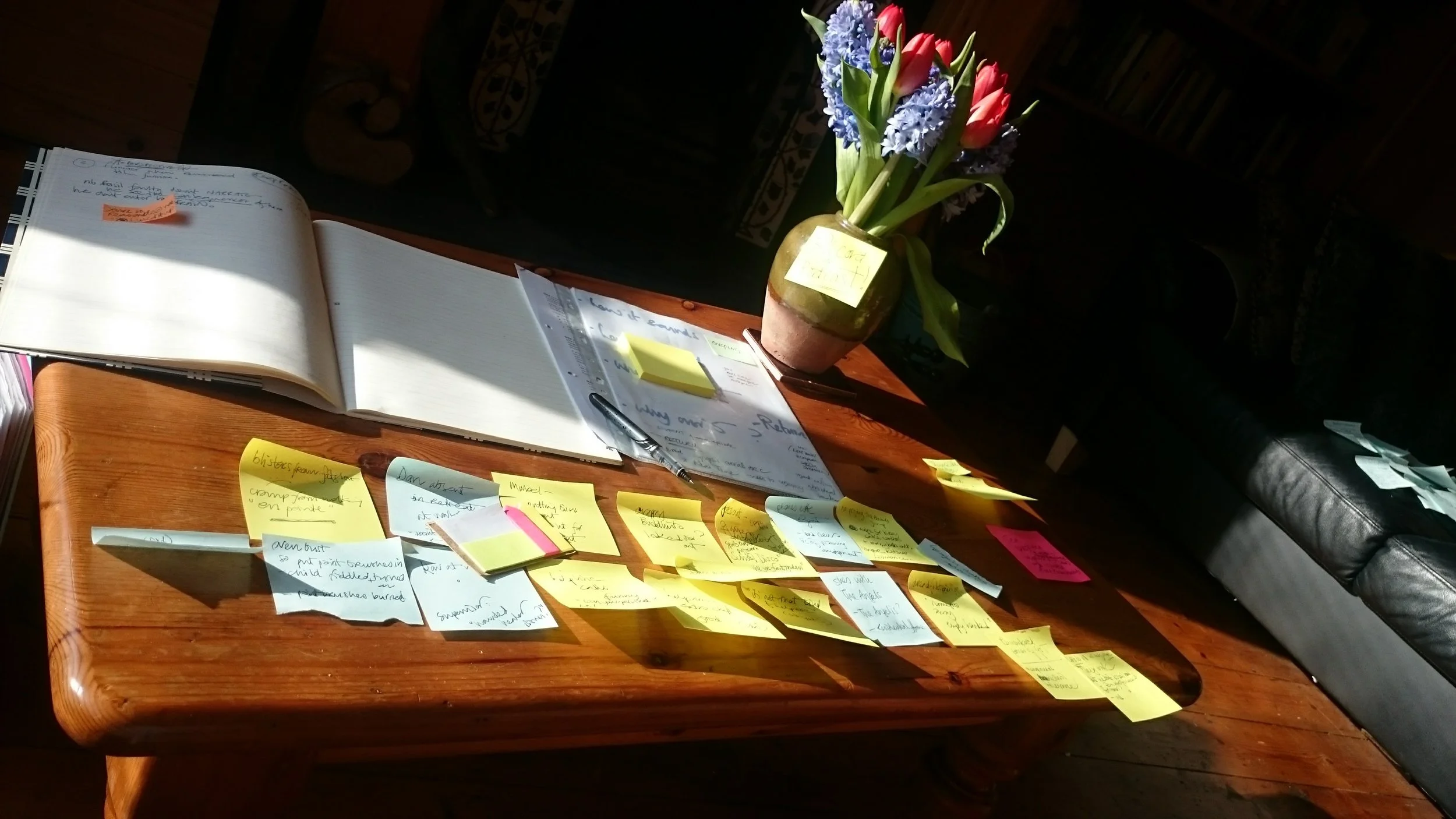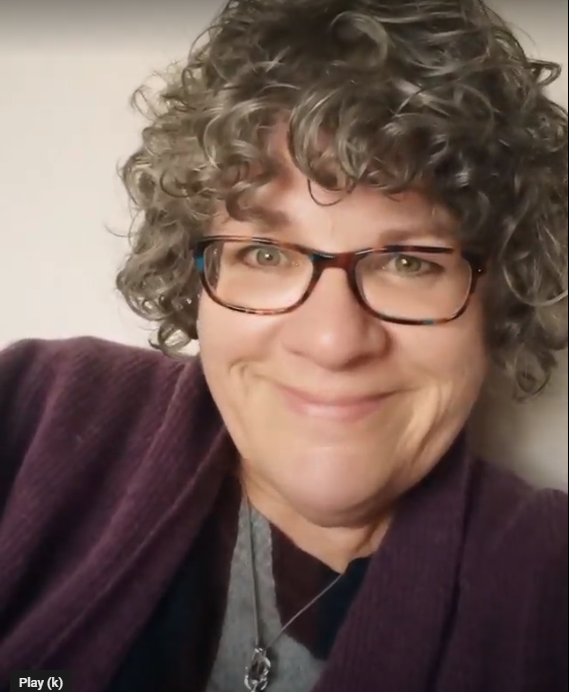Do you expect yourself to "let it go", but don't expect a chance to discuss it first?
#ThisWeekInCounselling: when something happens but you think 🤔 "I should be able to let that go", can you also gently ask *why* it happened?
It's okay to feel unsettled🫤 & to ask for more information ℹ️. #PsychologicalSafety 🦺 means it should be okay to raise questions, ideas, even mistakes.
If you want to explore, get in touch
Image: sage plant, author’s own
Read More
Counselling as a container, for the stuff you don't want to chew over alone.
We all have thoughts and feelings that threaten to overwhelm us. We all do. Think of our sessions as a place to contain and manage the stuff that triggers anxiety, or panic. I'll help you reach that grounded, calm state where we can look at the issues and face them gently, with support.
Read More
Feeling anxious? You’re not alone.
We covered compassion, relaxing the body when the mind races, CBT - its strengths and limits, the inner critic (and some comments that may be out of date), what IS enough, and is everyone else really more sorted?!
Read More
If you feel that your efforts aren't acknowledged, you could be the person to notice them.
Image by Tri Vo on Unsplash
If you feel that your efforts aren't acknowledged, you could be the person to notice them.
If you want acknowledgement, can you give it to yourself? All those daily, weekly actions that you think no-one notices or cares about - showing up when you didn’t feel like it - do you see them? Do you witness and really take in your efforts? It’s important that we acknowledge what we do and who you are in the world and try to see accurately.
You could argue that people who come to counselling can judge themselves harshly (I’ve been accused of being my own worst critic - fair point!) but, if you come to counselling then you believe in change, and on some level you believe that change starts with you.
Acknowledging our efforts is a good practice to counteract an inner critic, as well as feelings of being unappreciated. Making an inventory helps us feel grounded and confident, because we look at facts, rather than react from feelings. Try looking for the evidence and witness your own efforts.
Read More
Look for the light, look for life
It’s December, it’s frosty. When it feels like things are bleak or hard, we may need to search for the smallest piece of sunlight you can find. But if we look, we can see that some things are growing, some things are gorgeous and glossy - and in fact they may be highlighted by the crisp edging of frost.
Need a hand to find the warmth and hope? Or companion in the darkness? Get in touch.
Read More
This week in counselling, asking for change
All relationships, whether family or work or friends, have a dynamic or routine of some kind and it can be challenging to threaten that stability - even if it’s not working.
Looking at how to act with clarity, empathy and courage to take the next step and free up what is stuck.
Photo by Ben Hershey on Unsplash
Read More
This week in counselling, want to change? Take a pause.
This week in counselling, our brain is so quick judge and label when we 'get it wrong' but, if we want to change, we need to sloooooow down to see *why* we do what we do. That pause may be uncomfortable,, possibly more painful than habitually shouting at ourselves - but that is how we can change.
Bonus video of geese (and a water rat!) - how do we act in a group https://youtu.be/MY0FPVuntGU?si=6jS4nhFS6rOpOJjY
Read More
This week in counselling, what are coping strategies & how do I find what works for me?
How to cope with stress? Ignore it and get on with it? Find appropriate resources to help us through? Acknowledge what’s going on and how we feel about it - NOT getting into a tug of war, but letting the feelings be there, as we carry on.
Read More
Do I need this rule in my head?
Part of counselling is listening out for rules we have, that are out of date and get in our way. Often established when we were young, perhaps they've been there so long we don't notice them anymore. Perhaps they were set when we were frightened, so it feels threatening to challenge them. But now they stop us doing things and we feel trapped, without knowing why.
Read More
Shifting anxiety and overwhelm with the breath
Often when we’re upset, things pile in on us and we become overwhelmed. Taking time to pause, breathe, connect with the body helps nus reset, move away from anxiety and into stability - and from there, identify one thing (not the list!) we can do.
Read More
Emotional truth? Where writing and counselling meet
What is emotional truth and how to find it in yourself.
Read More
This week in counselling, the habit of fear? And time management
This week in counselling is a brief review of topics covered. This week, can feeling anxious be a superstition to keep us safe? And how much time do you really have for a task? How to look accurately at what you have to do.
Read More
A rush of joy
There is a thrill, a rush of joy when we make something happen, whether that’s a breakthrough in a session, or fixing a problem in a script. It’s hugely liberating to find an aspect of ourselves that was waiting to be discovered. But how do we approach that? How do we integrate that new part of us?
Here I discuss the process and the challenge of standing on the edge of learning, and making something fresh.
Read More
A creative response - “Before, I wanted to be anonymous but, with lockdown, I missed seeing the same faces. I needed roots.”
“You have to see this”
In front of us, a flight of stone steps runs left to right, backed by a brick wall. Ann-Marie shines her phone torch onto the breezeblocks at the foot of the (grade two listed) steps – which originally ran between buildings, and then were closed in. The December chill seeps through; it’s one of those moments when I question the wisdom of following someone I’ve just met into a secluded and eerie place. But she’s not the murderous type.
Read More
Notice
Last month I spent two weeks at the edge of my comfort zone, learning how to develop record and mix a podcast.
I chose to #Notice what goes on in my mind: how can we manage tricky thoughts and ward off #anxiety and #depression? How do you #lookafteryourself in little, everyday moments?
Read More
Saint Francis and the Sow
In the last blog I mentioned kindness and a week later, I had a post-script: It Is Hard to Be Kind to Myself When I’ve Made a Mistake. My reaction - not great and I’m working on it - is to be critical, to correct. This makes sense: usually mistakes come at a cost, either financial (parking ticket) physical (sunburn) or emotional (embarrassment) – which I’d rather avoid.
Read More
Courage, change and climbing out of a hole
The best ideas are simple, you can see they make sense, you can see how they work: ‘don’t do what harms you’ is a simple idea. But simple doesn’t mean ‘easy to practice’.
Portia Nelson’s poem, Autobiography in Five Chapters is pretty simple. At first, the repetition irritated me, “I know, I thought, “I get it, you can stop now”. But ‘knowing’ a thing is very different from living it.
Read More
On macho culture, dealing with feelings and not feeling physically sick.
“I’ve come a long way. I don’t feel physically sick in the mornings.”
After fifteen months and thirty-six sessions, this was the appraisal of – let’s call him Charles. He had come a long way, but fundamentally he was the same person, perhaps even more himself, without a barrage of self-criticism and negative thoughts that spiralled out of control.
Read More
